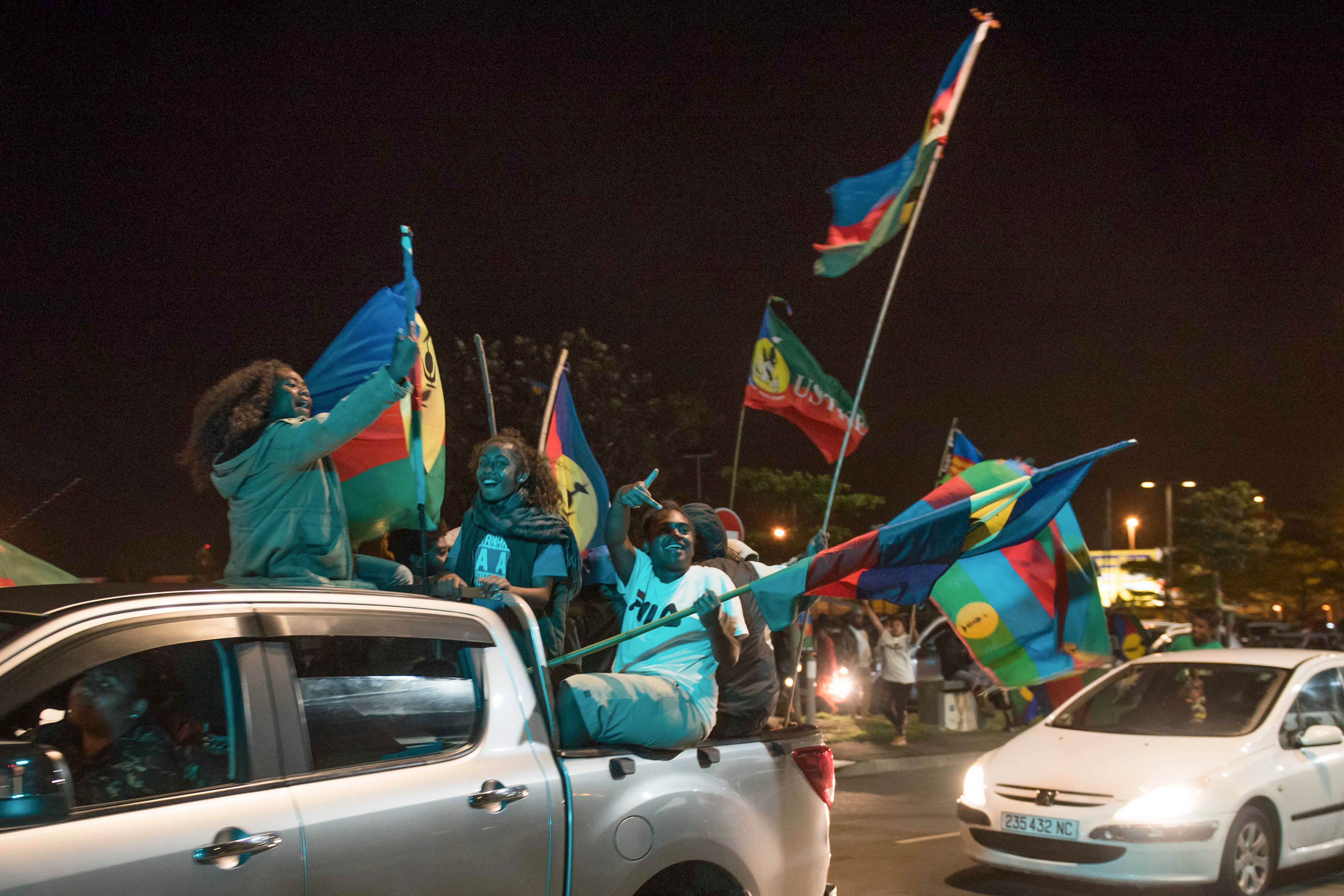New Caledonia gets 1st leader in favor of split from France
The New Caledonia government has elected the first pro-independence figure as president of the South Pacific archipelago, a French territory that won broad autonomy more than two decades ago

The New Caledonia government elected Thursday the first pro-independence figure as president of the South Pacific archipelago, a French territory that won broad autonomy following violence in 1988 and is scheduled to hold an independence referendum in five months.
Louis Mapou, a member of New Caledonia's indigenous Kanak population, received six of 11 government votes, while French loyalist Thierry Santa got four. One ballot was returned blank.
Mapou, 62, is a member of the Party of Kanak Liberation, or Palika, and the head of the National Union for Independence.
“We’re going to work hard. New Caledonia needs it,” Mapou said after the vote. “Many think that we’ll have difficulty working for everyone, but I can guarantee you that working for New Caledonia will be the watchword of our commitment.”
The 270,000 inhabitants of the archipelago east of Australia include both the descendants of European colonizers and Kanaks, who once suffered from strict segregation policies.
The election closes an institutional crisis triggered in February when the five pro-independence members of the government resigned to mark their disagreement over the sale of a nickel factory.
New Caledonia has long faced an existential dilemma over its status as a French colony. A 1988 attack on gendarmes who were taken hostage and freed after deadly assault by special forces ultimately led to a peace deal.
A decade later, the Noumea Agreement granted New Caledonia political power and broad autonomy and plans for up to three referendums.
In October, a majority of voters chose to remain part of France instead of backing independence, leading French President Emmanuel Macron to call for dialogue. The referendum was among the final steps in longstanding plans to settle tensions between Kanak people who favored independence and residents willing to remain in France.
Two years ago, 56.4% of the participants in a similar referendum voted against independence. The third referendum is set for Dec. 12.